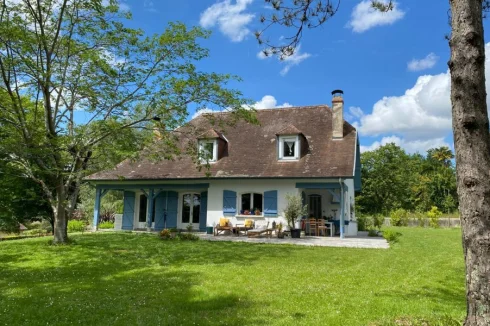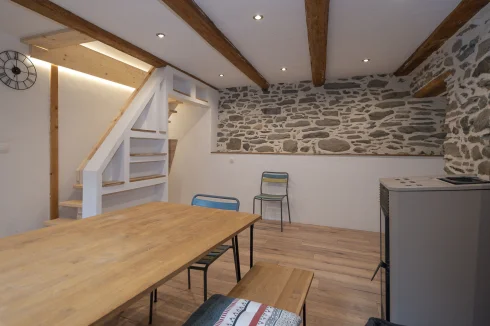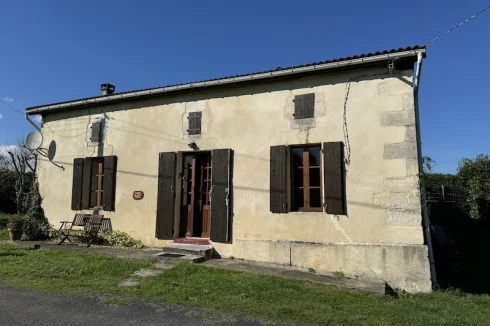Local Rates and Property Improvements
Tuesday 02 June 2015
The French government have tightened the regulations governing an increase in the rates payable following building works to an existing property.
Owners of property in France are subject to two annual local property taxes - the taxe d'habitation and the taxe foncière. These taxes go towards funding local services.
The basis for determining the level of the taxes is the notional rent that the property might be expected to achieve in the open market, having regard to the condition, amenities, size and location of the property.
A formula is then applied to this notional rent based on the income the authorities need to raise to give a percentage rate of tax, called the taux d'imposition.
When new construction or improvements take place to an existing property it will in general increase the notional rental value, with the consequential knock-on effect on the rates that will be payable.
Until this year alterations and improvements to an existing property that resulted in an increase in the rental valuation of no more than 10% were exempt from revaluation.
With the loi de finances 2014, this de minimus rule has been abolished. All changes to the property in any year will now be taken into account, for taxes due the following year.
The aim of this reform is not only to increase the income stream for local councils, but to also start to bring the notional value of properties more in line with their actual value. No full revaluation of the housing stock for rates purposes has taken place since 1970.
Most major building works require that a revaluation of the property is undertaken. A 'major improvement' excludes major repairs and maintenance work, but would include an extension, the installation of central heating, sanitary facilities, an attic conversion, and remodelling of the interior.
All householders are required to notify the tax authority of such changes within 90 days of completion, notwithstanding the fact that planning permission may not have been required.
For works that do not require planning permission it may well be a rule that is honoured more in the breach than the observance, but in the absence of notification you can be subject to a fine.
However, if you do notify within 90 days you obtain relief from an increase in the rates for two years, subject to no contrary policy decision having been made by the local council.
Changes in the valuation of the property as a result of the external environmental changes are instigated by the tax authority, after consultation with the local council.
So if the local council have carried out local improvements to the environment, or there has been a significant permanent degradation of the area due to other factors, then the rateable value of the property will be reviewed.
Next Article: Resale Guarantees
Thank you for showing an interest in our News section.
Our News section is no longer being published although our catalogue of articles remains in place.
If you found our News useful, please have a look at France Insider, our subscription based News service with in-depth analysis, or our authoritative Guides to France.
If you require advice and assistance with the purchase of French property and moving to France, then take a look at the France Insider Property Clinic.





